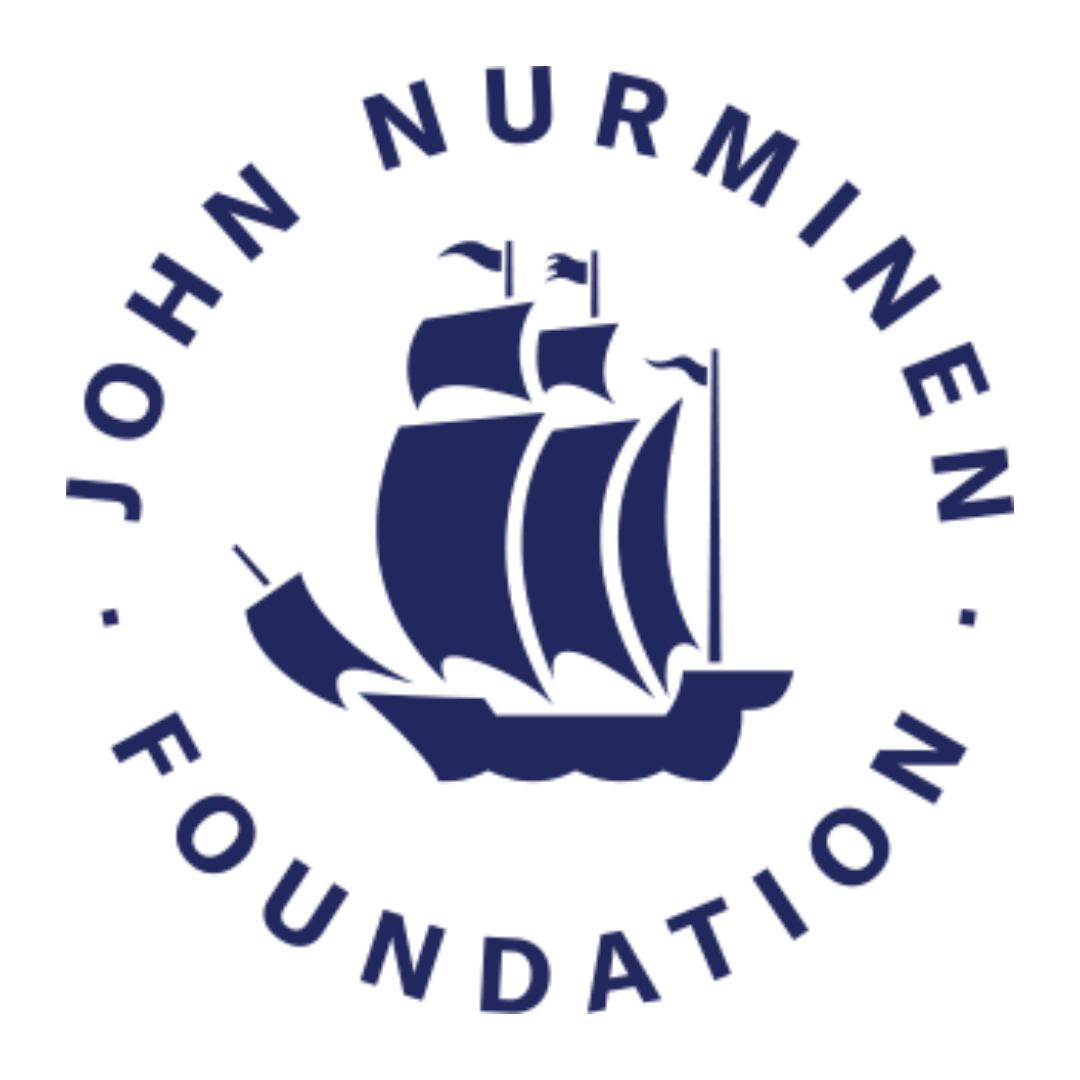Project NutriTrade was officially kicked off on April 7 by some 70 Baltic Sea experts in the Merimelojien Maja.
Annamari Arrakoski-Engardt, Secretary General of John Nurminen Foundation, welcomed the seminar participants and Anna Saarentaus, Project manager of NutriTrade, gave an overview of project objectives and opportunities for participation.
Marianne Mäkelä, COO, Korjaamo inspired the audience by telling the story of Helsinki Pool, or Helsinki Allas in Finnish, a plan for a sea spa and a cultural event centre at the heart of Helsinki. The project will be implemented as a private investment, and it has recently run a successful crowdfunding campaign. Marianne discussed the role of citizens both as financiers and promoters of the project, and highlighted the importance of social media in attaining visibility for the project.
During the coffee break, the seminar participants visited the info points run by NutriTrade pilots and activities. Pilot Mussel was presented by Sveriges Lantbruksuniversitet, Pilot Gypsum by the University of Helsinki and Pilot Fish by John Nurminen Foundation. At the table of Natural Resources Institute, the participants received info on the existing water quality trading schemes of North America and Asia-Pacific.
Markku Ollikainen, Professor at the University of Helsinki, gave the second keynote speech on the potential of flexible mechanisms for the Baltic Sea. The public funding for emission reduction will be scarce, and yet citizens are willing to pay for a cleaner sea in all Baltic Sea countries. The current challenge is to implement targeted nutrient removals at hot spot point sources, to find more people to take responsibility for actions, and to generate entirely new ideas and smart instruments for protection. New smart instruments can include participatory mechanisms that enable e.g. the meeting of voluntary financiers or providers of some material resources and the generators of emission reductions. Such smart mechanisms will combine consumers’ willingness to pay, citizens’ willingness to act, regulatory support for demand creation and business responsibility by facilitating the meeting of demand and supply.
Photo: In a panel discussion, the moderator, Marjukka Porvari of John Nurminen Foundation, and the panelists – Mikhail Durkin (Coalition Clean Baltic), Antti Iho (Natural Resources Institute), Seppo Knuuttila (Finnish Environment Institute), Karl-Johan Lehtinen (NEFCO) and Eeva-Liisa Poutanen (Ministry of the Environment) – discussed the new mechanisms for environmental protection. According to the panelists, there is potential for efficiency gains but voluntary extra actions cannot replace legal responsibilities.
Next, the NutriTrade consortium welcomes stakeholders to join the project in one of its workstreams:
- The pilots annually organise tenders for emission reduction projects.
- Forerunners of voluntary financiers are invited to test nutrient offsetting.
- Technology and service providers are encouraged to deliver ideas for new types of projects and new technologies.
- Policy makers and the research community can join forces in policy development.
